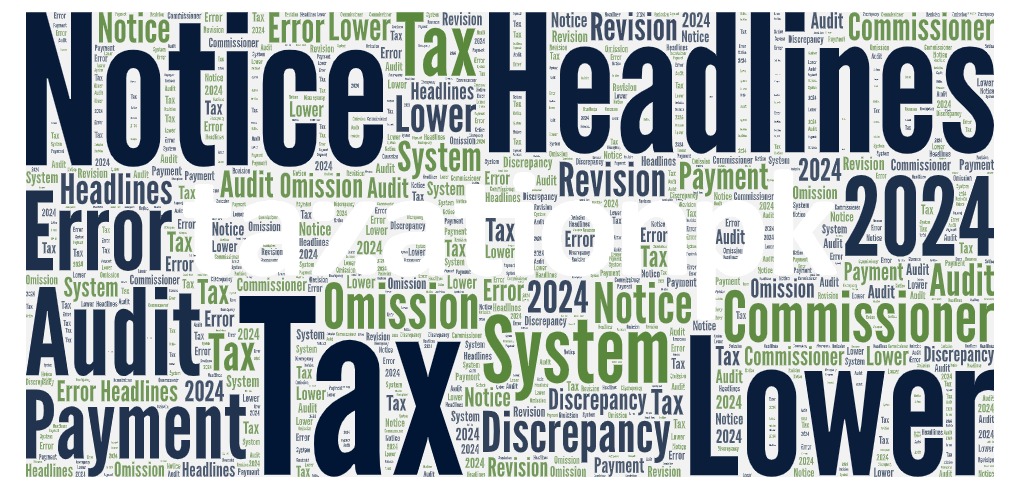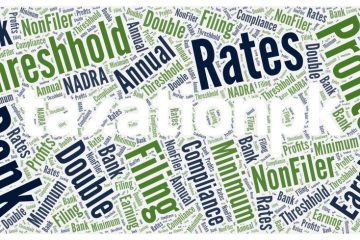What is the Notice About?
The notice typically states that your tax paid in 2024 is less than what you paid in 2023. For example, if you paid Rs. 2,73,230 in 2024 but Rs. 2,50,000 in 2023, the system flags this as a potential issue. The assumption behind this check is that with inflation and rising costs, taxes should remain consistent or increase.
Table of Contents
ToggleThis notice is not a legal document. It is an automated email communication and does not carry immediate penalties or consequences. Its purpose is to alert taxpayers to recheck their filings for any errors or inconsistencies.
Why is FBR Issuing These Notices?
The FBR relies on its digital systems to conduct large-scale reviews of tax returns. Here’s how it works:
- Automated Queries: The system runs checks to compare this year’s taxes with previous years. If the taxes are significantly lower, it triggers a notice.
- Inflation Factor: FBR assumes that rising inflation correlates with higher income and taxes. A reduction in taxes raises red flags in their system.
- Audit Risk: Returns with lower taxes are categorized as high-risk for audits.
FBR’s system also uses other parameters to select cases for audits, such as:
- Filing late tax returns.
- Errors in income or tax liability reporting.
- Cases already under scrutiny in previous years.
What Should You Do if You Receive This Notice?
- Recheck Your Tax Return
- Ensure the information you submitted for the 2024 tax year is accurate and complete.
- Verify your income sources (e.g., salary, business, rent, bank profits) to confirm any reduction is genuine.
- Revise Your Return, If Necessary
- If you discover an error, you can revise your return within 60 days of filing. Beyond this, revisions require approval from the tax commissioner.
- Accurate and timely revision can prevent potential complications in case of a formal audit.
- Ignore if Correct
- If your return is accurate and the reduction in taxes is legitimate (e.g., due to lower income, salary cuts, or reduced business profits), there’s no need to panic. Simply keep your documentation ready to justify the changes if required.
Is This a Legal Notice?
No, this notice is not a legal document. It is a routine alert sent via email, highlighting potential concerns. It does not mean a penalty or audit is underway unless formally initiated.
Why Might Your Tax Have Decreased?
Here are common reasons for a legitimate reduction in taxes:
- Business Losses: If your business faced losses or reduced revenue.
- Salary Reduction: Lower earnings due to salary cuts or job loss.
- Rent Decrease: A drop in rental income.
- Bank Profit Rates: Declining tax rates on bank profits.
FBR’s system doesn’t account for these real-life scenarios, which is why taxpayers may receive notices even when their filings are accurate.
Key Takeaways
- The notice is a routine system-generated alert, not a penalty or legal action.
- Verify your return to ensure there are no errors.
- If your filing is correct, no further action is needed.
- In case of errors, revise your return promptly within the allowed timeframe.







